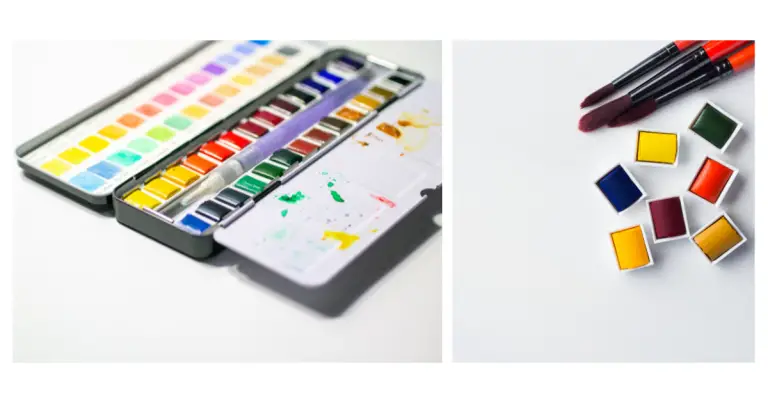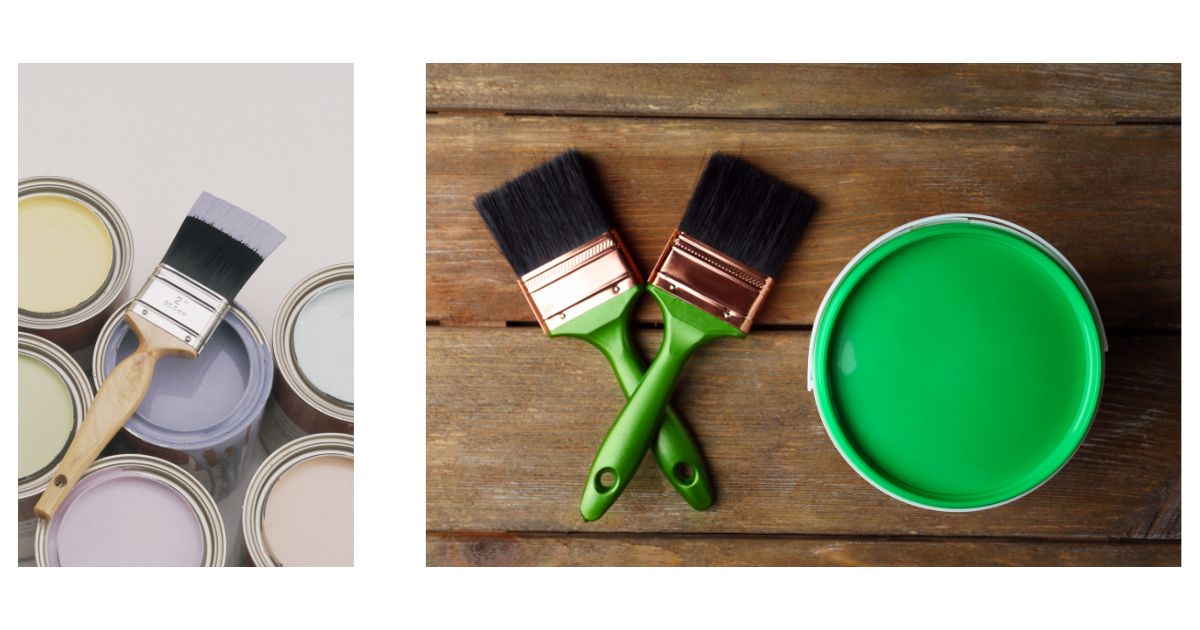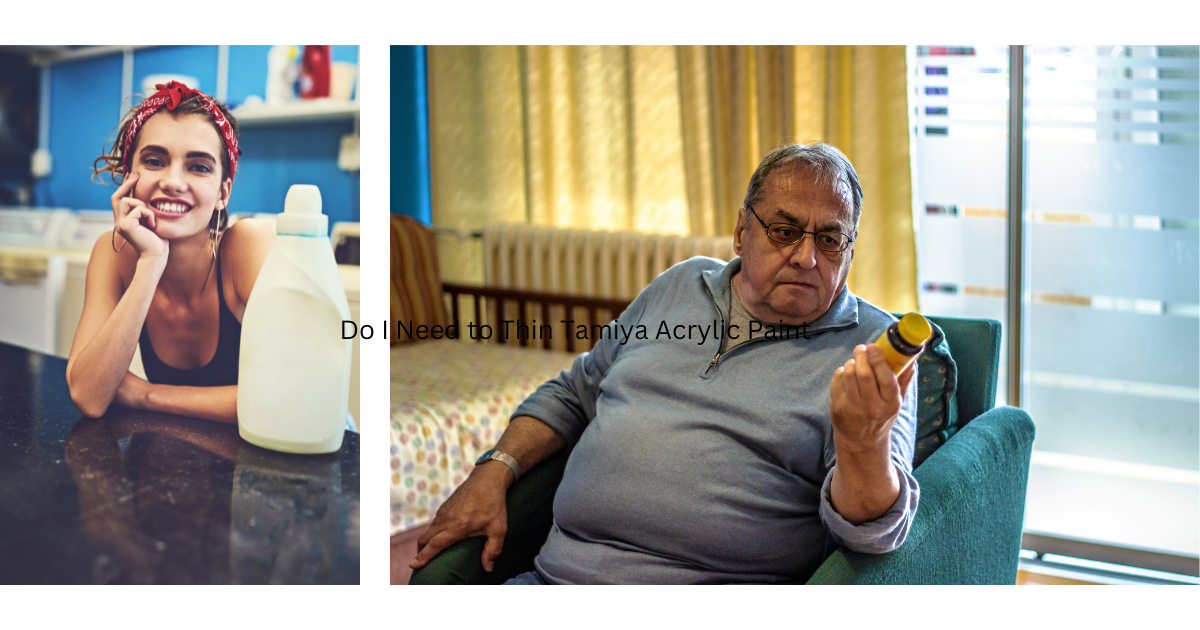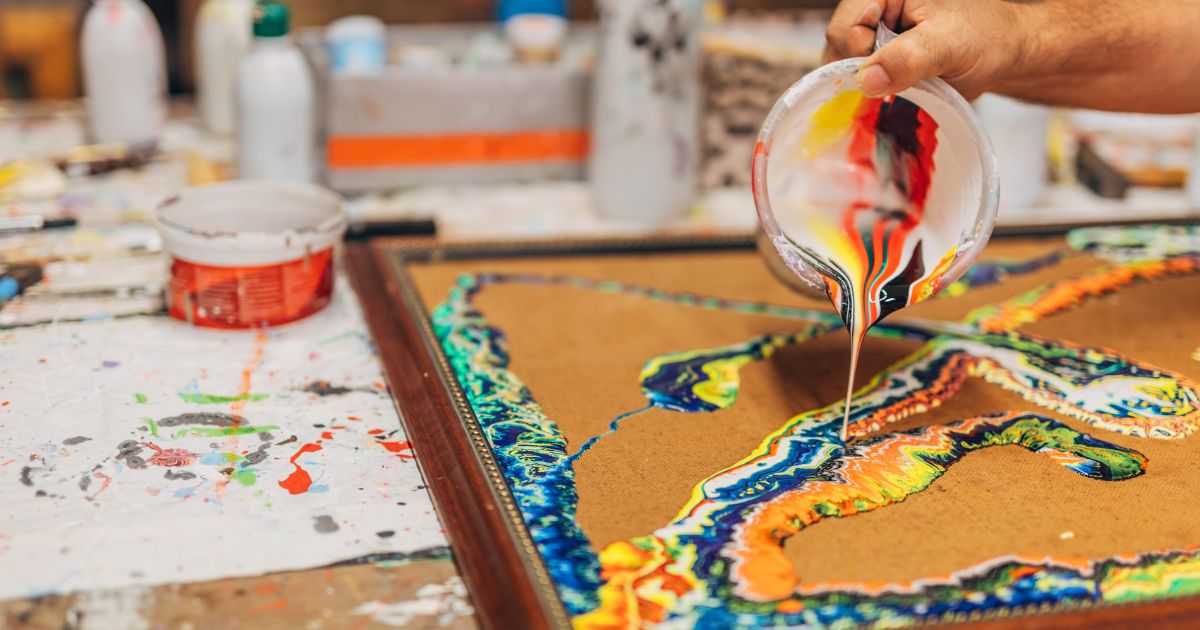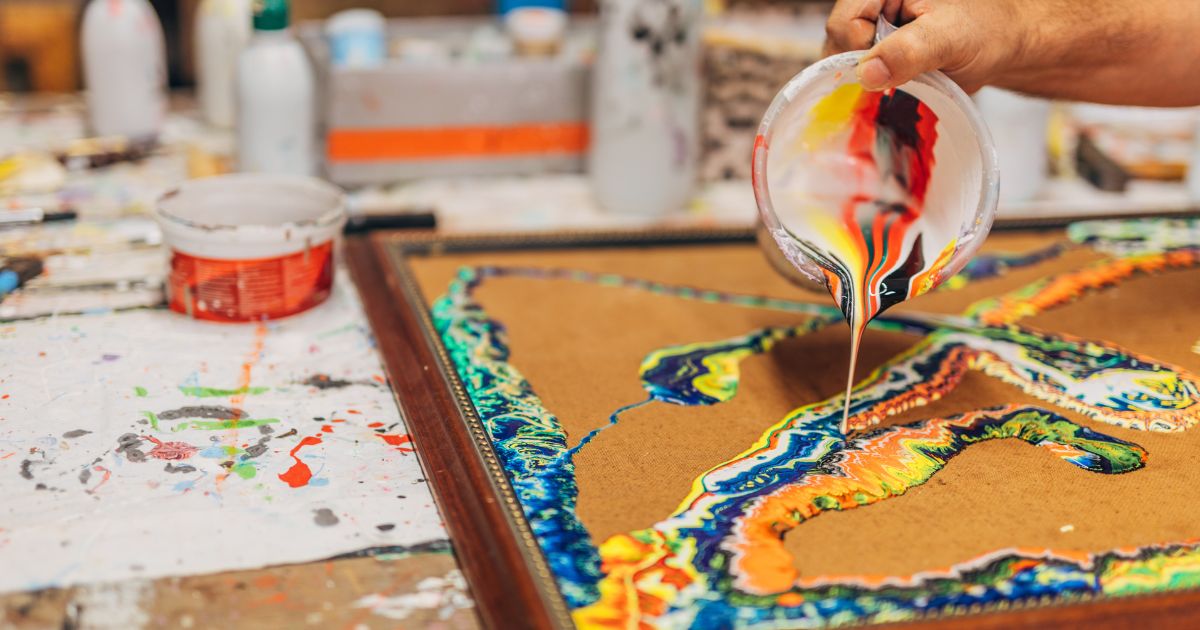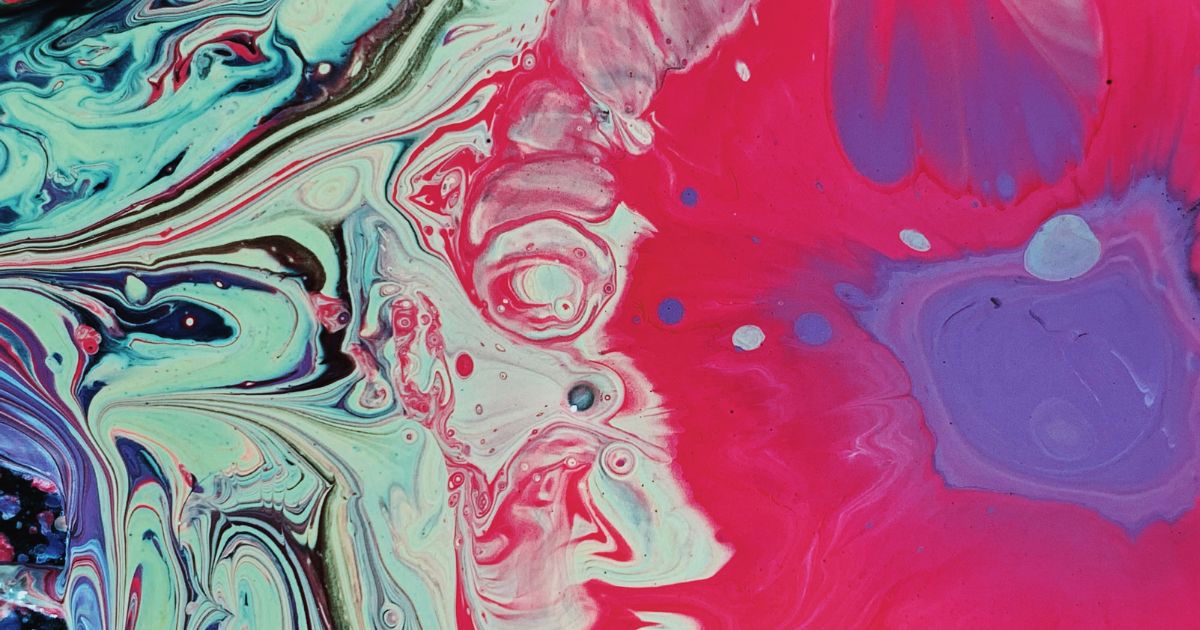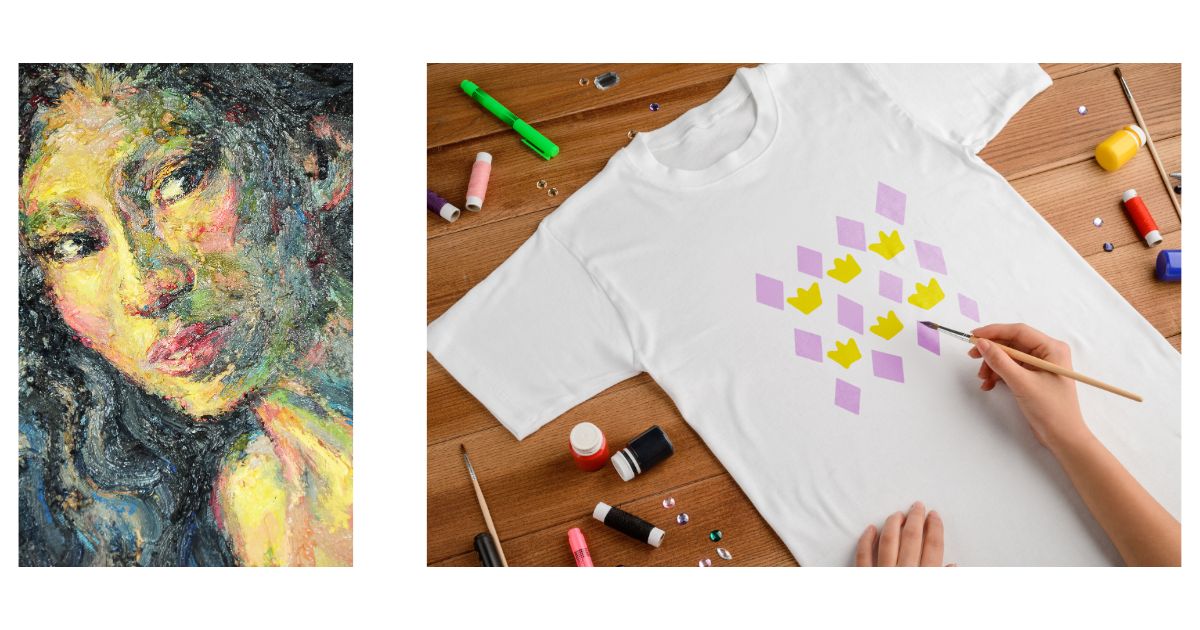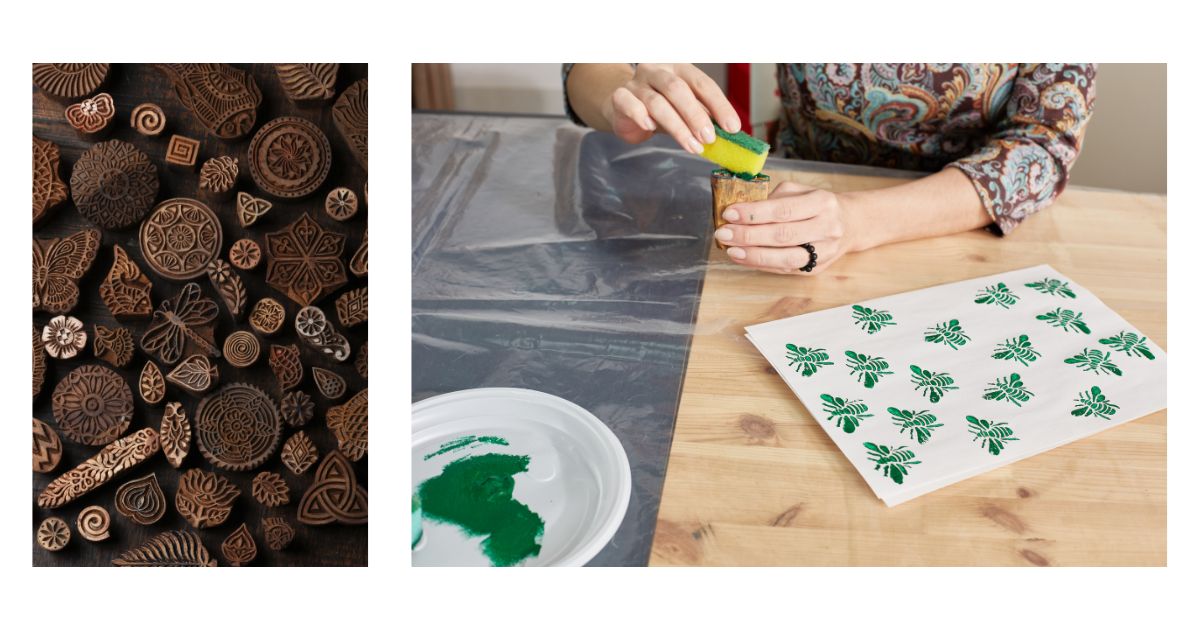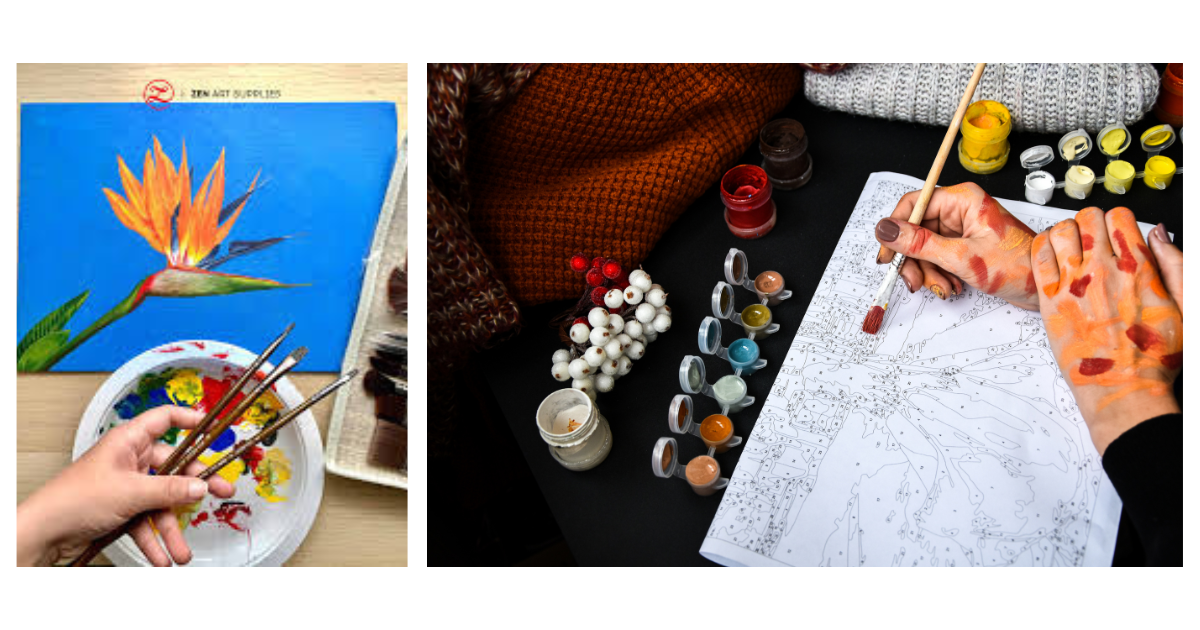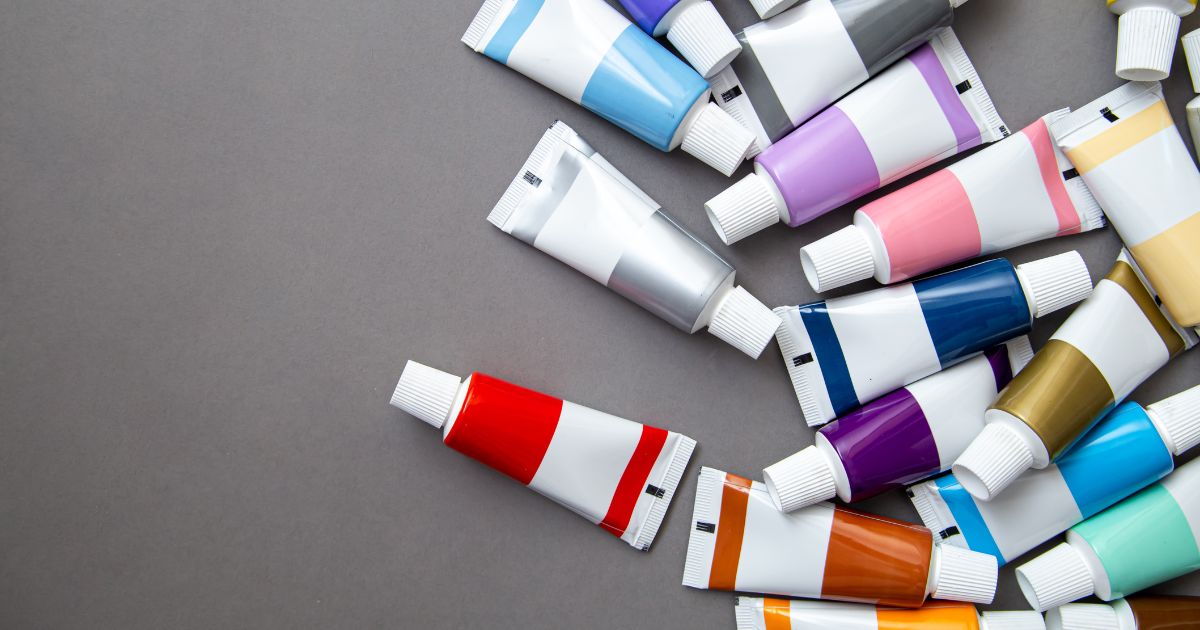To fill watercolor pans with paint, first, pour a small amount of distilled water into each pan. Next, add a few drops of paint to each pan of water, using a different color for each pan. Use a brush to mix the paint and water together until the desired shade is achieved.
Finally, allow the pans to dry completely before using them.
- Begin by adding water to each pan until it is about half full
- Next, add a small amount of paint to each pan and stir gently with a brush until the paint has dissolved completely
- Once the paint has dissolved, continue adding water to the pans until they are nearly full
- Finally, top off each pan with a drop or two of dish soap, which will help prevent the paint from drying out quickly
How to Fill Watercolor Pans & Palette’s Using Tube Paints and Save Money!
Can You Fill Watercolour Pans from Tubes?
Yes, you can fill watercolour pans from tubes. This can be a bit messy, but it’s definitely possible. Here’s how to do it:
- Squeeze out a small amount of paint onto a piece of paper or palette.
- Use a small brush to pick up the paint and transfer it into the pan.
- Repeat until the pan is filled with paint. 4. Clean up any messes with a damp cloth.
How Do You Fill a Watercolor Palette?
If you’re new to watercolors, the thought of filling a palette with all those little pans of colors can be daunting. But don’t worry – it’s actually quite simple! Here’s a step-by-step guide to filling your watercolor palette:
- Choose your colors. The first step is to decide which colors you want in your palette. There are endless possibilities, so it’s really up to you. A good rule of thumb is to start with a basic set of 12 colors, including both warm and cool tones. You can always add more later if you find you need them.
- Fill the pans with paint. Once you’ve selected your colors, it’s time to start filling the pans with paint. The best way to do this is to use a small brush or a toothpick and slowly add paint until the pan is about 3/4 full. Be careful not to overfill – the paint will overflow when wet and make a mess!
- Let the paint dry before using. This is an important step! If you try to use the paint while it’s still wet, it will just run all over your paper and not give you nice clean lines. So let the paint dry completely before moving on to painting (this usually takes about 24 hours). Now that your palette is all filled and ready to go, have fun experimenting with different color combinations and painting techniques!
Can You Refill the Watercolor Half Pans?
Yes, you can refill watercolor half pans with fresh paint. This is a great way to get more use out of your half pans and cut down on waste. When refilling your half pans, it’s important to use fresh, high-quality paint.
This will ensure that your paintings turn out to look their best. To refill your half pans, simply pry them open with a knife or other sharp object. Then, use a small brush to transfer paint from a tube or pan into the empty space in the half pan.
Once the pan is full, close it up tightly and allow the paint to dry before using it again.
How Do You Mix Watercolors in a Pan?
When mixing watercolors in a pan, it is important to use a clean palette and to have all of your colors laid out before you begin. To mix, start by wetting your brush with clean water and then dipping it into the desired color. Once you have picked up some color on your brush, add another color to the mixture and continue this process until you have the desired shade.
When finished, be sure to rinse your brush thoroughly before moving on to another color.
Putting Tube Watercolors in Pans
Watercolor paints come in two basic forms: tubes and pans. Tube watercolors are more concentrated and usually a bit more expensive than pan watercolors. However, they also offer some advantages over pan watercolors.
One advantage of tube watercolors is that they’re easier to control. When you’re painting with tubes, you can decide how much paint to use, and you have more control over the consistency of the paint. This makes it easier to achieve consistent results from one painting session to the next.
Another advantage of tube watercolors is that they tend to be more vibrant than pan watercolors. This is because the pigments in tube watercolors are ground finer, which allows for greater color saturation. If you want your paintings to have rich, vibrant colors, then tubes are the way to go.
Finally, tube watercolors are less likely to dry out than pan watercolors. This means that you can keep them on hand for longer without worrying about them drying out and becoming unusable. Plus, if you do happen to let your tube watercolors dry out, you can simply add a few drops of water and rehydrate them before using them again.
If you’re new to painting with watercolors, or if you’re just looking for an easy way to get started, then putting tube watercolors in pans is a great option. It offers all of the benefits of using tubes without any of the hassle.
How to Dry Watercolor Pans Faster
Watercolor pans can take a while to dry, especially if you’ve used a lot of paint. Here are some tips to help speed up the drying process:
- Use a fan. A small desk or handheld fan can help circulate air and speed up the drying process.
- Set your watercolor pan in a sunny spot. The heat from the sun will help evaporate any remaining moisture.
- Use a hair dryer in a low or cool setting. Hold the hair dryer about 6 inches away from the watercolor pan and move it around until all of the paint is dry.
How to Make Watercolor Pans
Watercolor pans are a great way to get started with watercolors. They’re easy to use and you can create some beautiful paintings with them. Here’s how to make your own watercolor pans:
- Choose the colors you want to use. You can find watercolor paint in tubes or pans at most art supply stores. If you’re just getting started, it might be helpful to choose a set of basic colors so you can experiment and see what you like best.
- Fill a container with warm water and add your paint colors one at a time. Use a different container for each color so the colors don’t mix together.
- Use a popsicle stick or other small object to swirl the paint around until it forms into a pan shape. You may need to add more water if the paint is too thick. 4. Let the pans dry completely before using them.
Conclusion
In this blog post, the author gives a detailed tutorial on how to fill watercolor pans. The author begins by explaining the supplies you will need, which include: watercolors, a container for holding water, and a palette knife. Next, the author demonstrates how to fill the pans with water using a slow and steady stream.
Once the pan is full, the author shows how to use the palette knife to remove any air bubbles that may be present. Finally, the author provides some tips on how to store your filled watercolor pans so that they are ready to use when needed.

